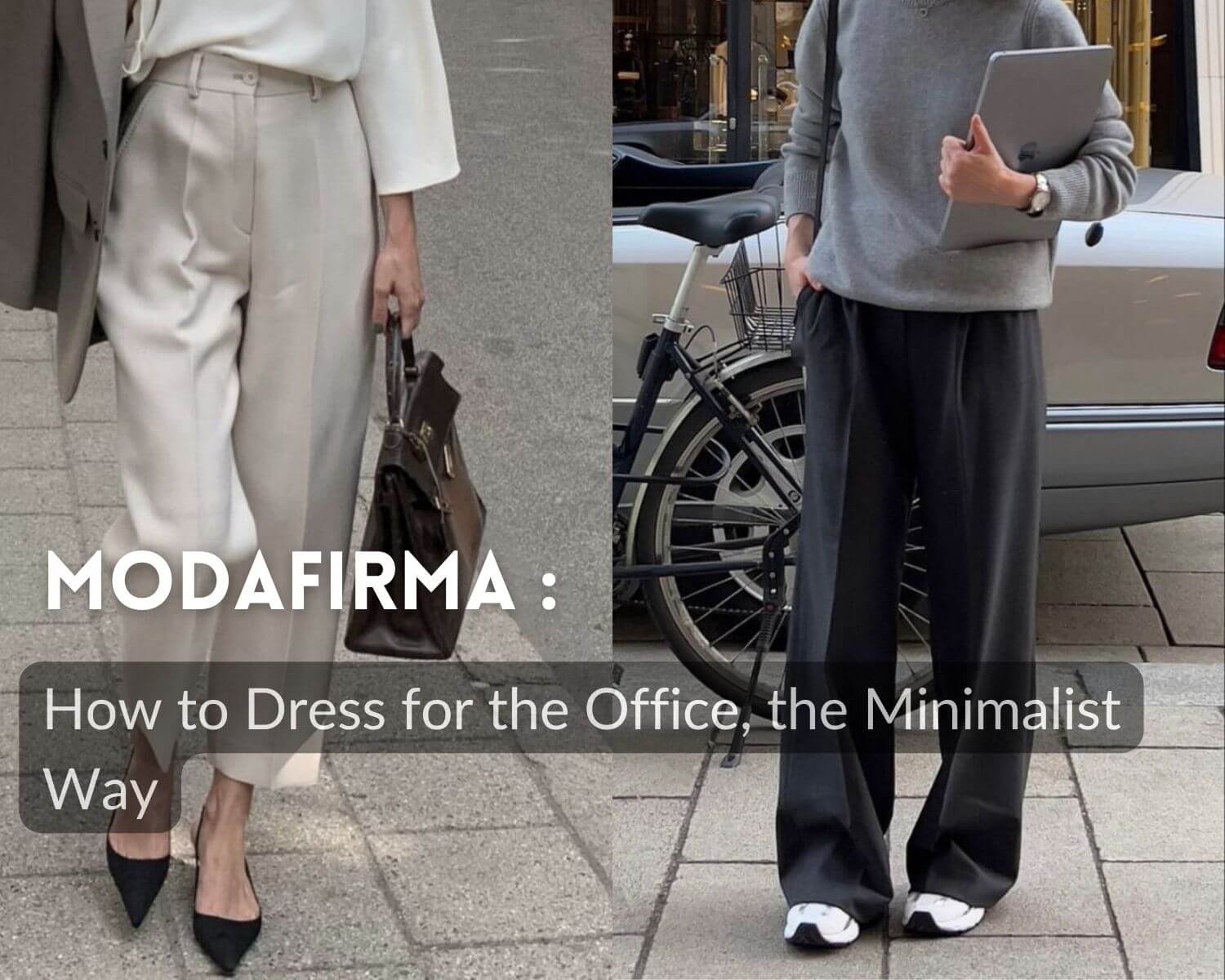The MSU School of Normal Science hosted a Sustainability in Fashion and Textiles panel on Thursday in the STEM Instructing and Understanding Facility.
The panel mentioned how buyers can make knowledgeable selections when paying for garments greenwashing the increase of quick fashion and thrifting and the exploitation of staff within the manner market. This plan was held conjunction with the 1.5° Celsius exhibition in MSU Museum.
The panel was moderated by MSU Museum curator of textiles and social justice Mary Worral. The panelists included vogue and design concept professor Theresa Winge, Project Cece co-founder Noor Veenhoven and VIM Magazine Range, Fairness and Inclusion Director Caroline Miota.
Winge has labored in the vogue sector and recognized moral issues occuring throughout the 80s and 90s that have continued into right now, she claimed. Now, she teaches a software at MSU concentrating on ethical vogue and informing students on what techniques and resources are the most sustainable when generating clothing.
Vanhooven is the co-founder of Undertaking Cece – a search engine for fair and sustainable trend. The platform aims to make sustainable items available to all.
When it comes to sustainability, Vanhooven thinks switching the resources is not the only way for a corporation to come to be extra environmentally-helpful. They also ought to make certain no person in their supply chain is exploited, she claimed.
When it will come to trend sustainability, some are much more anxious about the ecosystem even though others care a lot more about doing the job conditions or animal cruelty. Vanhooven reported these are all subsets of just about every other.
How consumers can distinguish if a company is truly sustainable, or just statements to be for promoting uses, was a large conversing stage in the course of the panel.
“I enjoy manner and adore the manner market, but often they are much more inspired by dollars than they are the values of their prospects,” Winge claimed.
This brought up the idea of “greenwashing”, or when an firm or organization pretends their goods are a lot more environmentally-pleasant than they truly are to attract shoppers.
This led into a larger issue plaguing the sustainable manner group: fast trend. Speedy manner employs unsustainable methods to quickly develop apparel for each and every new development, Winge claimed.
“Fast style genuinely capitalizes on that technique that is previously in location and it rushes by secure elements and safe security,” Winge stated. “It doesn’t typically treatment about human labor, whether which is kids, minorities, women of all ages or no matter whether they are staying handled rather. The setting is no problem, very little is a problem, apart from for building that vogue immediately and finding it to new stores.”
Fast style products are also manufactured with low-cost supplies, leading to them not final as prolonged, so buyers immediately put them to waste.
Miota mentioned apps like TikTok feed into this situation, as developments are inclined to promptly come and go on the application, further more selling the notion of speedy manner. The garments business Shein, is a key case in point, she said. Shein is identified for its abundance of outfits possibilities and continues to be a TikTok trend craze staple in spite of it becoming a quickly style manufacturer.
“While there is a incredibly substantial motion on the internet, primarily for the world-wide-web persons, to move away from devices and rapidly style, it’s absolutely a double edged sword for the reason that the internet is also fueling the concern with brands like Shein,” Miota mentioned.
Panelists also acknowledged the trendiness of secondhand outfits and thrifting. Even though additional sustainable, the panelists pointed out specified areas buyers must look at — like getting fast vogue brand name second hand simply because it can perpetuate a cycle of shopping for and marketing unsustainable clothing.
Winge also spoke on the exploitation of minority women of all ages in the trend sector.
“Women and minority gals in specific are particularly exploited in the manufacturing of the supplies and even the real style items in the end,” Winge said.
Winge explained garments organizations tend to shift their factories to exactly where it is most inexpensive to make, and that usually indicates looser polices or even no polices at all.
Due to the fact gals commonly do the job in these factories, Winge explained they are frequently unknowingly uncovered to substances and fumes from the fabric that can affect their fertility, avoiding them from finding expecting and even triggering a wide variety of health problems.
Winge also mentioned unsustainable apparel firms are polluting the communities that these workers live in, additional impacting them outside of the place of work.
When it arrives to low charges, Vanhooven explained, if it appears also good to be real, it most likely is. There is a concealed cost when it arrives to getting low-cost clothing, she explained, and the increased price ranges are really worth it to avoid exploitation.
“I imagine the crucial portion is that we all have to do our portion and we all have to hold preventing for this to develop into additional sustainable,” Vanhooven stated. “Everybody can do that in their have way with their own values, but everyday the fight is most vital.”
Dialogue
Share and discuss “MSU Museum hosts panel talking about sustainability in fashion” on social media.




